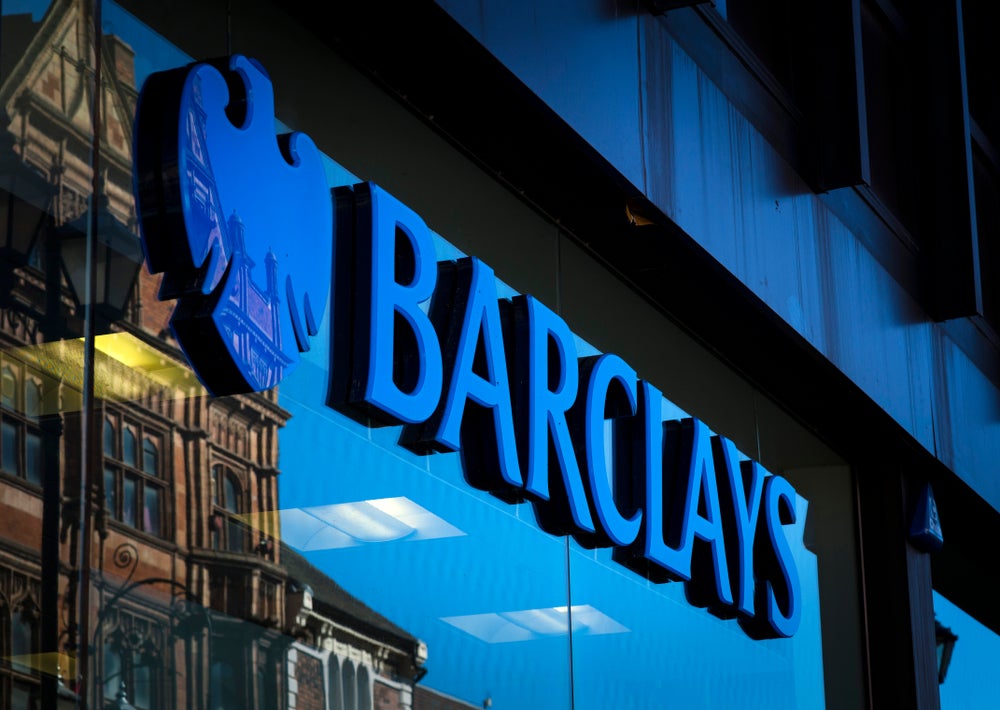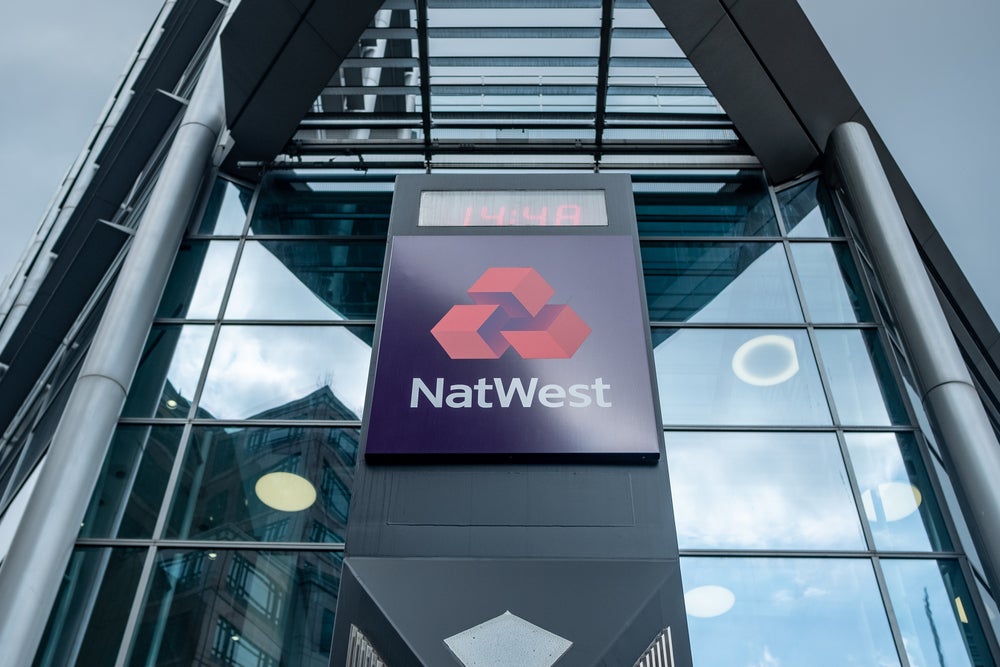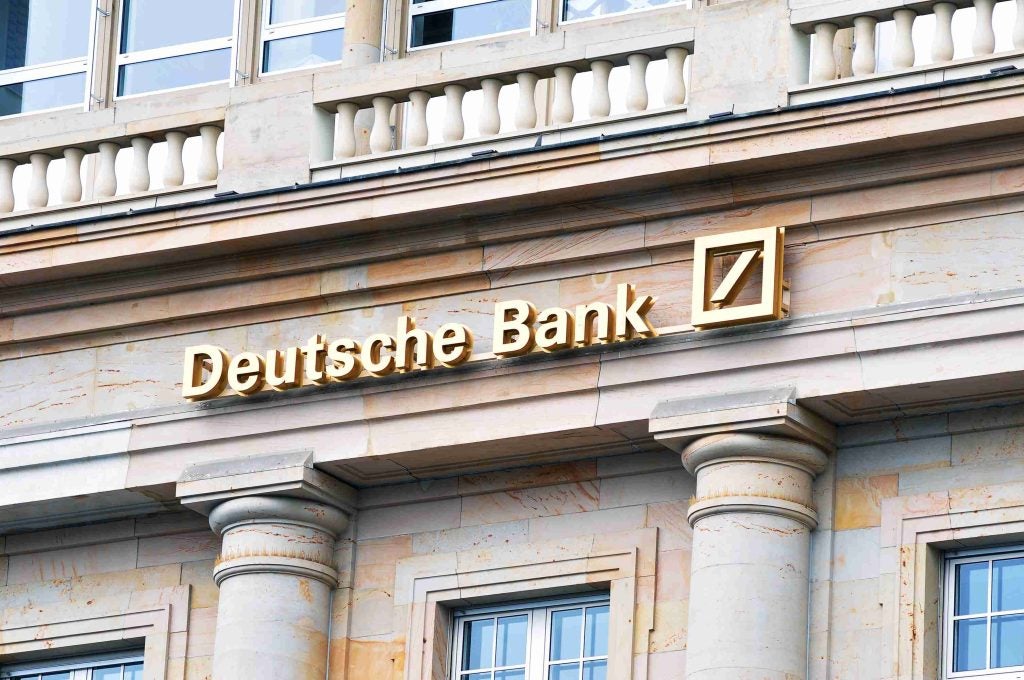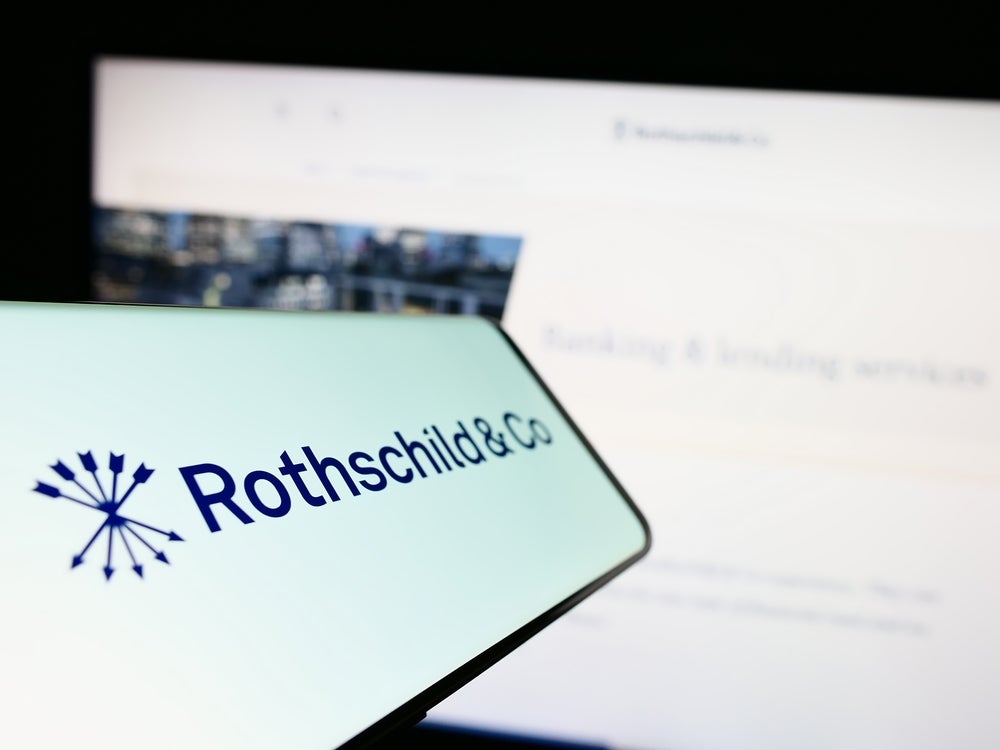
Barclays UK retail unit reports revenue of £1.83bn, ahead of analyst forecasts, for the first quarter. Profit before tax decreases by 6% to £705m with a RoTE of 18.5% (Q123: 20.0%). Net interest income dips by 4% to £1.54bn. Continued structural hedge momentum is more than offset by mortgage margin pressure and adverse deposit dynamics reflecting wider market trends.
The private banking and wealth management unit posts profit before tax down by 15% to £95m. Total income increases by 20% to £312m. Net interest income is down by 3% to £175m, mainly due to adverse deposit dynamics reflecting wider market trends. Net fee, commission and other income increases by 76% to £137m.
Barclays Q1 2024 highlights
- Group cost: income ratio of 60%. Target of c.63% in 2024 remains unchanged
- Delivered £0.2bn of the c.£1bn 2024 gross cost efficiency savings
- Loan loss rate (LLR) of 51bps, within the expected through the cycle range of 50-60bps
- CET1 ratio of 13.5%, in the middle of the target range of 13-14%
- Announced acquisition of Tesco Bank’s retail banking business, expected to complete in Q4 2024
- Announced sale of the performing Italian mortgage portfolio, expected to complete in Q2 2024
C. S. Venkatakrishnan, Group CEO, said: “In Q124, Barclays delivered a RoTE of 12.3% as we progress towards our targets of >10% RoTE in 2024, and >12% in 2026.
We are focused on disciplined execution of the plan that we presented at our Investor Update on 20 February. We have now announced the sale of our performing Italian mortgage book. We are investing in our higher returning UK consumer businesses. This includes the expected completion of the Tesco Bank acquisition in Q424. We continue to exercise cost discipline and remain well capitalised with a Common Equity Tier 1 (CET1) ratio at the end of the quarter of 13.5%.
New strategy at play-and plenty to like
Matt Britzman, equity analyst, Hargreaves Lansdown, said: “Credit where it’s due, cost controls look to be making a difference for Barclays. First-quarter trading was better than expected. But the weaker net interest income guidance for 2024 will be a little disappointing.
In its UK arm, results were very similar to what markets heard from Lloyds yesterday. Structural hedge income is booming as lower-yield instruments are being reinvested at higher rates. That’s helping to offset ongoing weakness from depositors in search of better rates. And a mortgage market that’s not as profitable as a few years ago. Both those headwinds are expected to ease throughout the year. With loan default levels actually ticking down at the group level, there’s enough here to whet investors’ appetites.
How well do you really know your competitors?
Access the most comprehensive Company Profiles on the market, powered by GlobalData. Save hours of research. Gain competitive edge.

Thank you!
Your download email will arrive shortly
Not ready to buy yet? Download a free sample
We are confident about the unique quality of our Company Profiles. However, we want you to make the most beneficial decision for your business, so we offer a free sample that you can download by submitting the below form
By GlobalDataLooking below the hood on defaults, Barclays has a big stake in both the UK and US card market which adds another angle. Over the pond, default levels surprised on the upside and are higher than back in the UK, with US consumers clearly feeling the pinch a tad more. This was one area that disappointed, but Barclays remains confident in its reserve levels. And it expects things to improve as the year progresses.
There’s a new strategy at play and plenty to like about the globetrotting operations. But markets are unlikely to fully reward the stock until it demonstrates sustained progress, especially in areas like investment banking where the US peer group is so strong.”







